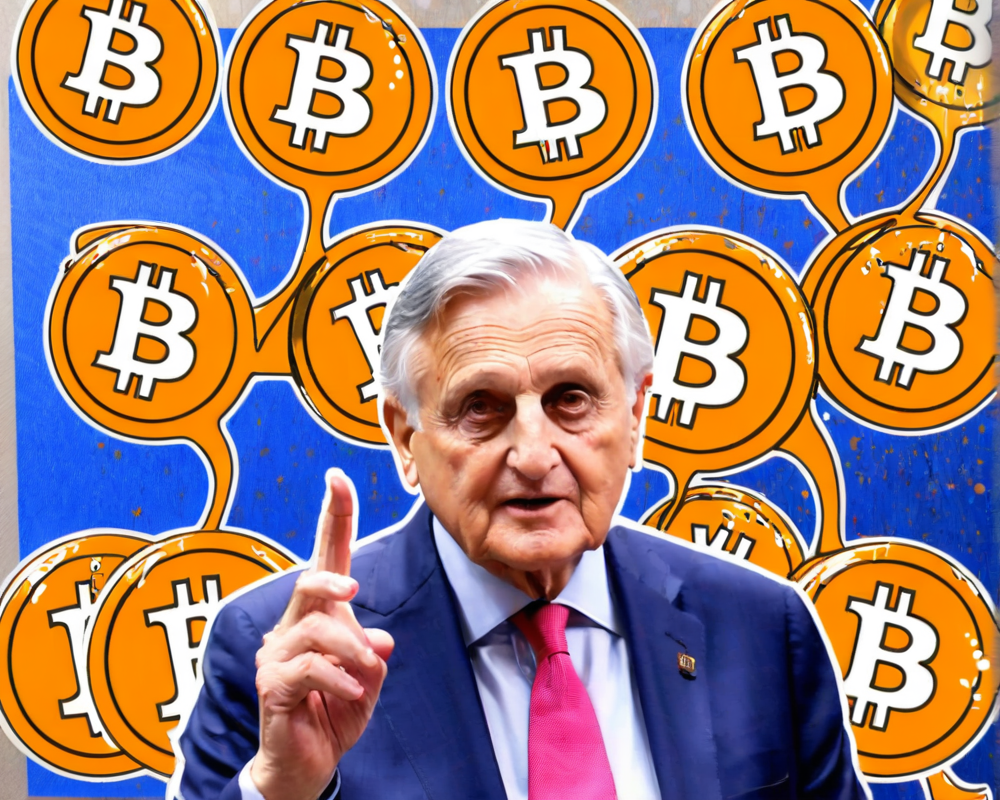Trichet’s Strong Stance Against Bitcoin
Jean-Claude Trichet, the former president of the European Central Bank, has voiced his vehement opposition to Bitcoin, claiming it lacks the fundamental characteristics of a currency. Speaking at a conference held by Caixin in Beijing, Trichet stated bluntly, “I am strongly against Bitcoin. We are a little complacent about its viability as a currency.” This sentiment raises eyebrows, not just for crypto enthusiasts but also for those tracking the evolution of financial systems.
Speculation, Not Currency
Trichet emphasizes that Bitcoin and other cryptocurrencies often resemble speculative assets more than they do actual currencies. He elaborated that many people treat cryptocurrencies as investments expecting price appreciation rather than mediums of exchange, which are essential attributes of real currency. He quipped that even when crypto assets are linked to real-world assets, they still remain shrouded in speculation, which he views as detrimental to the economy.
The Case Against Libra and Cryptos
Trichet doesn’t stop at Bitcoin; he also has reservations about Facebook’s proposed digital currency, Libra. His fondness leans towards the Special Drawing Rights (SDRs) issued by the International Monetary Fund. He pointed out that SDRs are backed by a basket of stable currencies, making them a more reliable option compared to the volatility of cryptocurrencies.
Why SDRs Over Libra?
- Stability: SDRs draw value from established currencies like the U.S. dollar and euro.
- Trust: Central banks back SDRs, offering a sense of security that digital currencies lack.
- International Balance: They promote stability in international trade, unlike the unpredictable nature of crypto assets.
Fading Currency, Rising Speculation
As the world slowly transitions away from physical currency, Trichet warned against assuming that cryptocurrencies could seamlessly replace traditional banknotes. He stated, “The world might be leaving coins behind, but digital currencies are not the answer.” His comments suggest that while traditional currencies may evolve, the path forward shouldn’t be paved with speculative assets that challenge the very idea of money.
The Consensus Among Economists
Echoing Trichet’s sentiments, former ECB president Mario Draghi also declared that cryptocurrencies, including stablecoins, were not structured adequately to serve as money. This collective skepticism from central bankers shines a spotlight on the growing need for reliable and stable financial instruments in an increasingly digital world.




